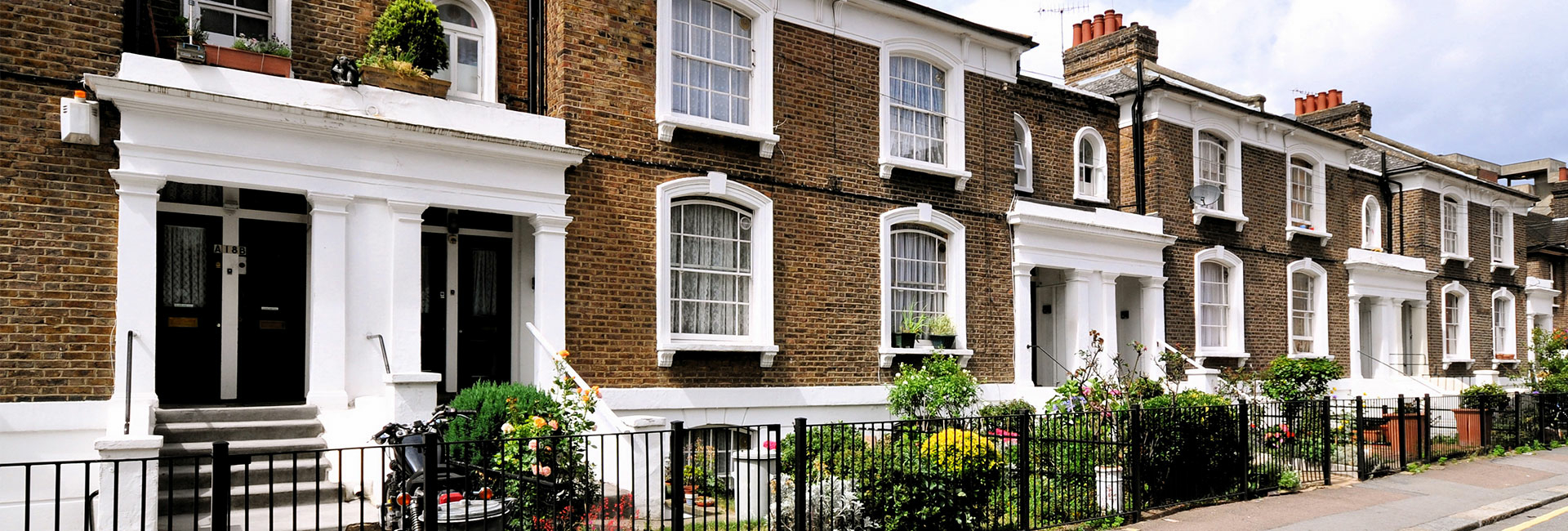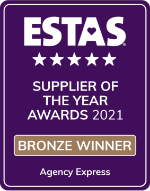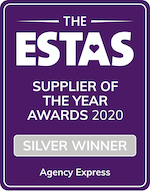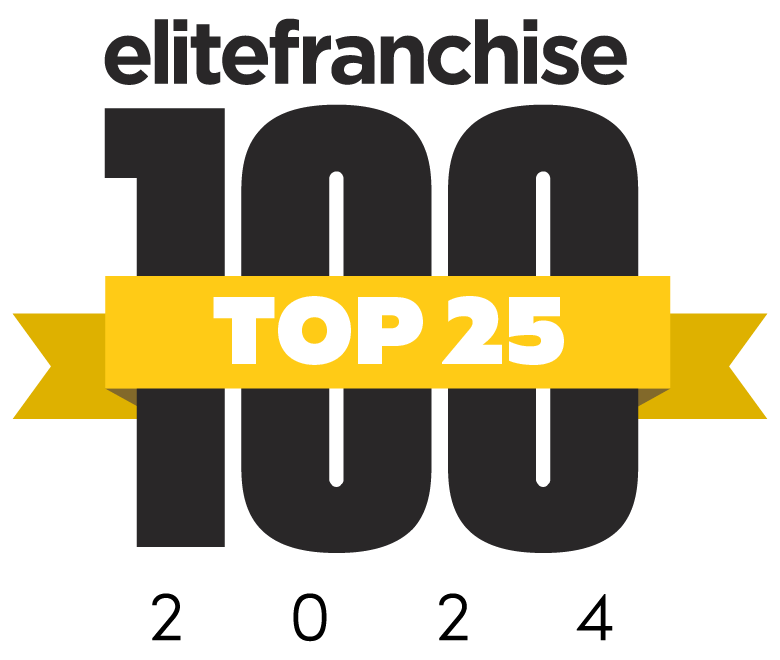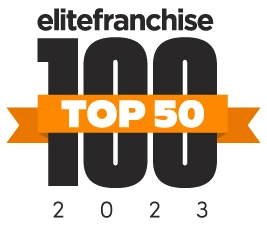Practices and Precautions for HMO Landlords Post Pandemic
As the pandemic loses such a ferocious grip over our daily lives, we find ourselves moving forwards with significantly greater caution. As the general public emerges wary of enhanced risk, commercial landlords are under increasing pressure to deliver safe, secure environments.
With multiple tenants coming and going, landlords of Houses of Multiple Occupancy (HMOs) must work harder than ever to ensure that they take all necessary health and safety precautions.
There are a number of measures that HMO landlords can take that can significantly enhance the desirability of their property, give all current tenants heightened peace of mind, and reduce the risk of viral transmission.
Implementing new access control systems
The standard door lock system with key fobs and cards have been around for over 30 years, adapting over time to offer the flexibility of remote, real-time access management, and touchless technology to reduce the spread of disease. Access control systems allow landlords to better control who can enter their HMO building. It is predicted that petty crime rates will rise with the easing of restrictions, so there has never been a more critical time to focus on a superior security plan.
With magnetic or electronic card door lock systems, the door will unlock after being activated due to proximity or a card swipe. The system will identify the encoded access authorisation credentials before the door opens.
Wireless key card door locks are also increasing in popularity for hotels and HMOs. With these wireless systems, tenants can use a convenient card, fob, or even smart device app to access community doors, as well as their own individual apartment. The latest technologies allow for cloud-to-cloud integrations to enable one card, fob, or app to facilitate an access solution for the whole building.
Some complexes may choose to take this new technology one step further and integrate it with automatic doors for zero-contact access for tenants. Zero-contact access is favourable for tenants accessing HMOs and shared facilities in the interest of reducing the risk of disease transmission.
Hygiene
While the real and present danger of the pandemic may be dissolving, Covid-19 isn’t going away anytime soon. It is essential to practice ongoing hygiene protocols that minimise risk and encourage conscientious living in multiple occupancy communities.
As an HMO manager, it is advised that you continue with heightened hygiene practices post-pandemic and introduce them immediately if you haven’t already. These include:
Encouraging greater levels of hygiene and cleanliness within your HMO property by creating regular cleaning schedules and supplying cleaning products to tenants.
Tightly control the clean-up of communal areas, following up with any tenants that have left them in an unsatisfactory condition.
Displaying posters and signs throughout your HMO property, featuring official government advice. These could include advice for effective handwashing, mask-wearing, etc.
Investing in antimicrobial surfaces
Antimicrobial coatings are already widely used in public and commercial spaces and are gaining popularity for obvious reasons. These coatings utilise chemicals that hinder the growth of pathogens and can therefore prevent the growth and spread of disease-causing microorganisms.
Antimicrobial coatings are also highly durable and resistant to corrosion. They are a popular choice for health care facilities and are increasingly being installed in any commercial space that the public regularly uses.
Many more HMO landlords are now recognising the need for antimicrobial surface coatings for their property’s public spaces and shared facilities. In addition to preventing the spread of disease, they also protect against the growth of other microbes, such as mould, bacteria, fungi, etc. Such features are highly desirable in multiple occupancy buildings to promote a healthy, hygienic, and low-allergen environment.
Managing maintenance
General advice for landlords has been to postpone any non-urgent maintenance and repair works until the pandemic restrictions have been lifted. Navigating the transition into a post-pandemic way of life should be gradual, so it is still advised to hold off on anything that can easily be delayed. That said, there are inevitably many issues that have been held off throughout the pandemic that now require attention.
For any maintenance projects that must go ahead, inform tenants immediately and advise them to keep a safe distance from the work being carried out. Also, insist that social distancing measures are still taken to decrease the risk of viral transmission.
Request that your contractors diligently follow all government-recommended hygiene practices when entering and working in your building.
Prioritising the overall safety of residents
Ultimately, an HMO landlord should always be prioritising the health and safety of their residents. Still, this has never been more important than ever.
Installing cutting-edge access control systems, implementing touchless technologies, upgrading to antimicrobial surfaces, and encouraging ongoing elevated levels of hygiene practices are some of the primary ways to achieve this. Residents need to feel supported and encouraged to adhere to all precautionary measures. They also need and deserve to feel that their own health and safety are a top priority in these uncertain times.



 Login
Login